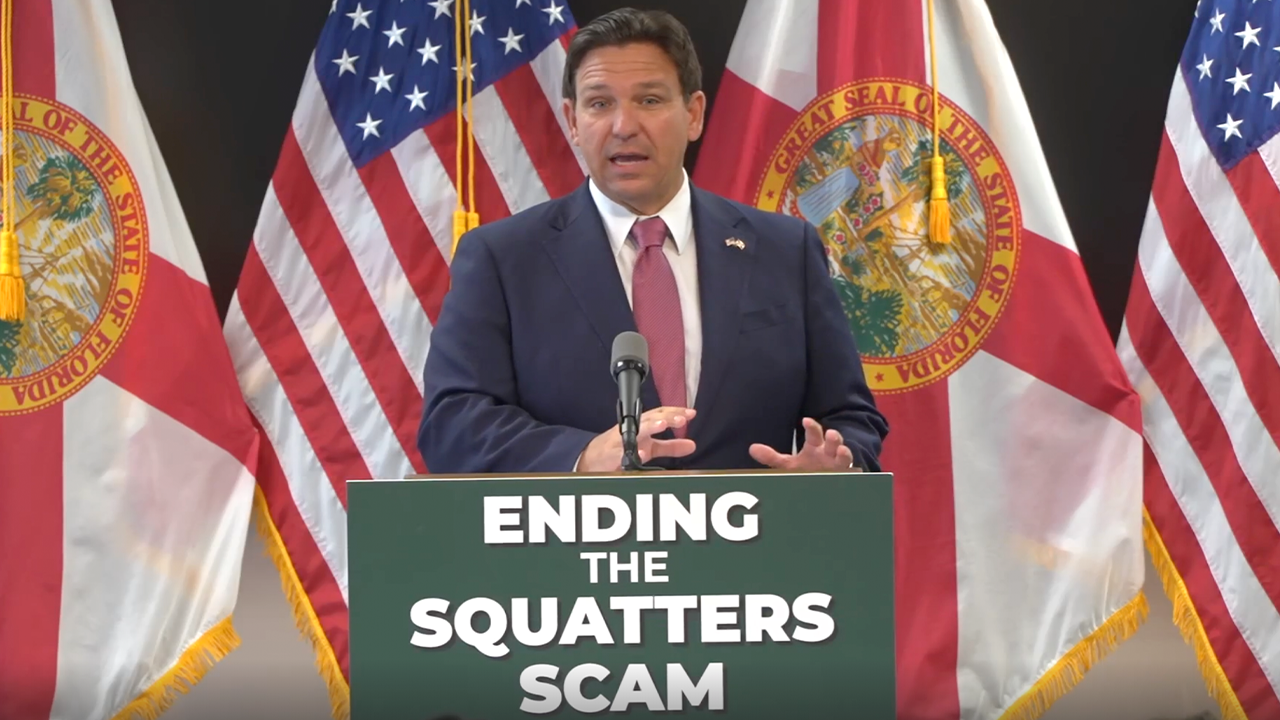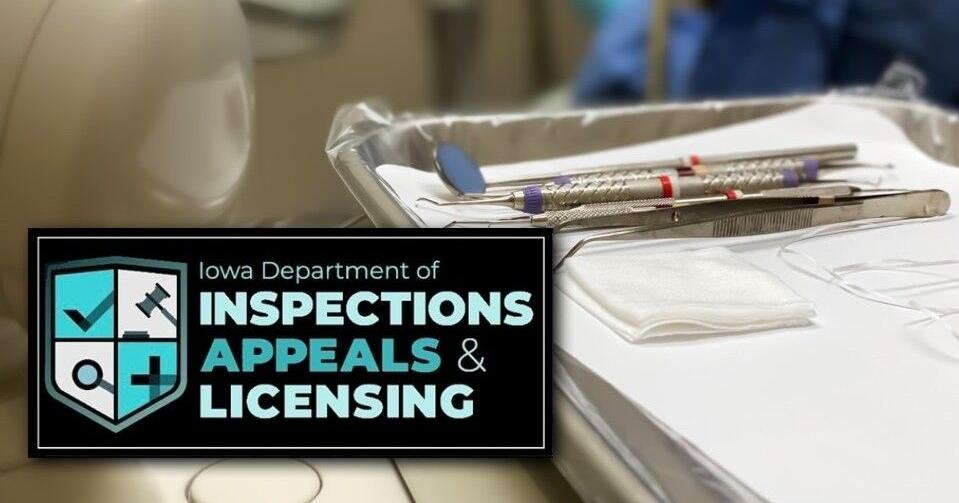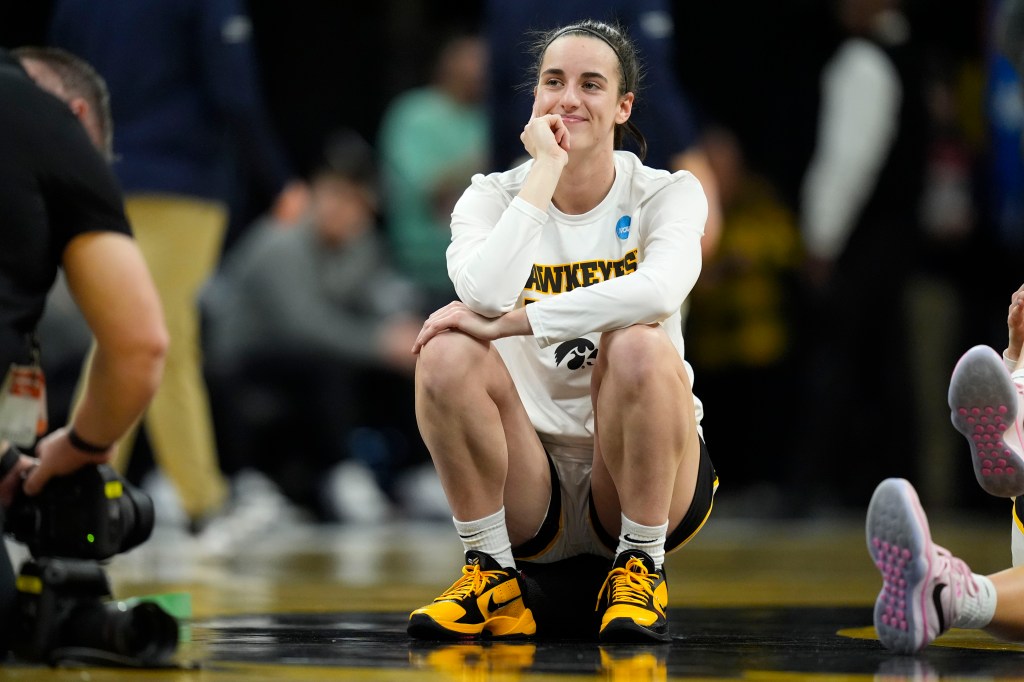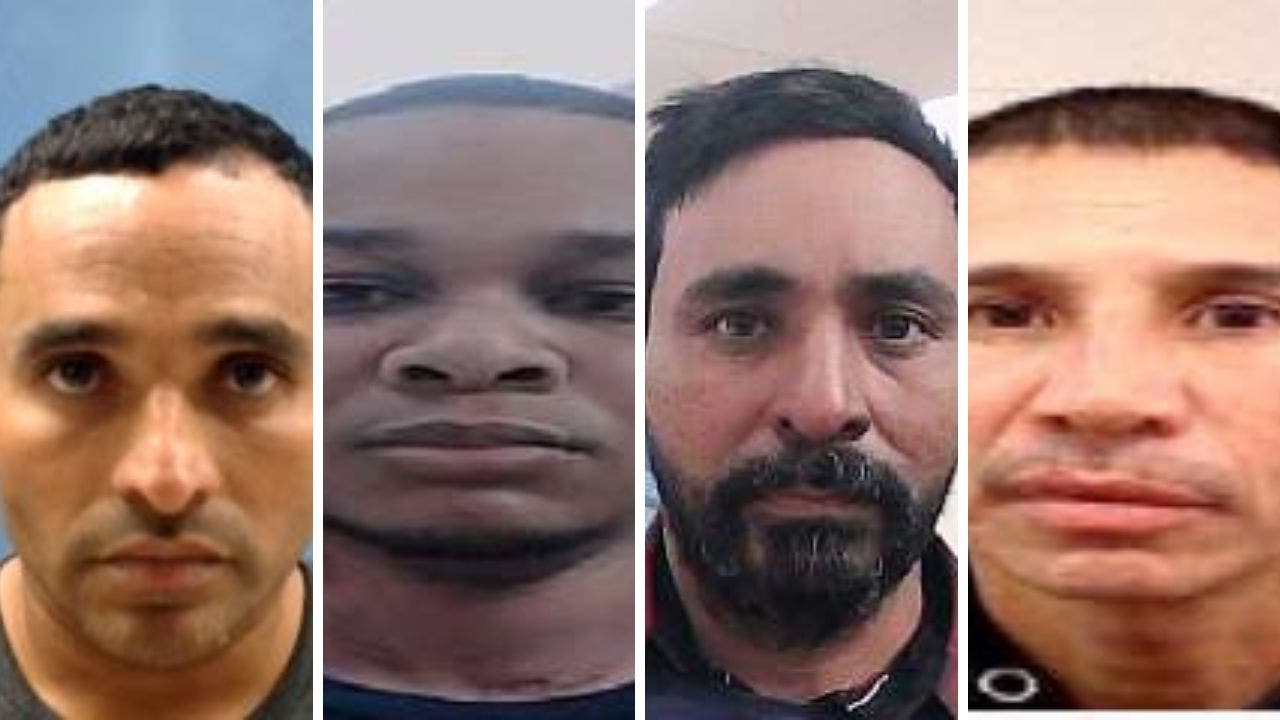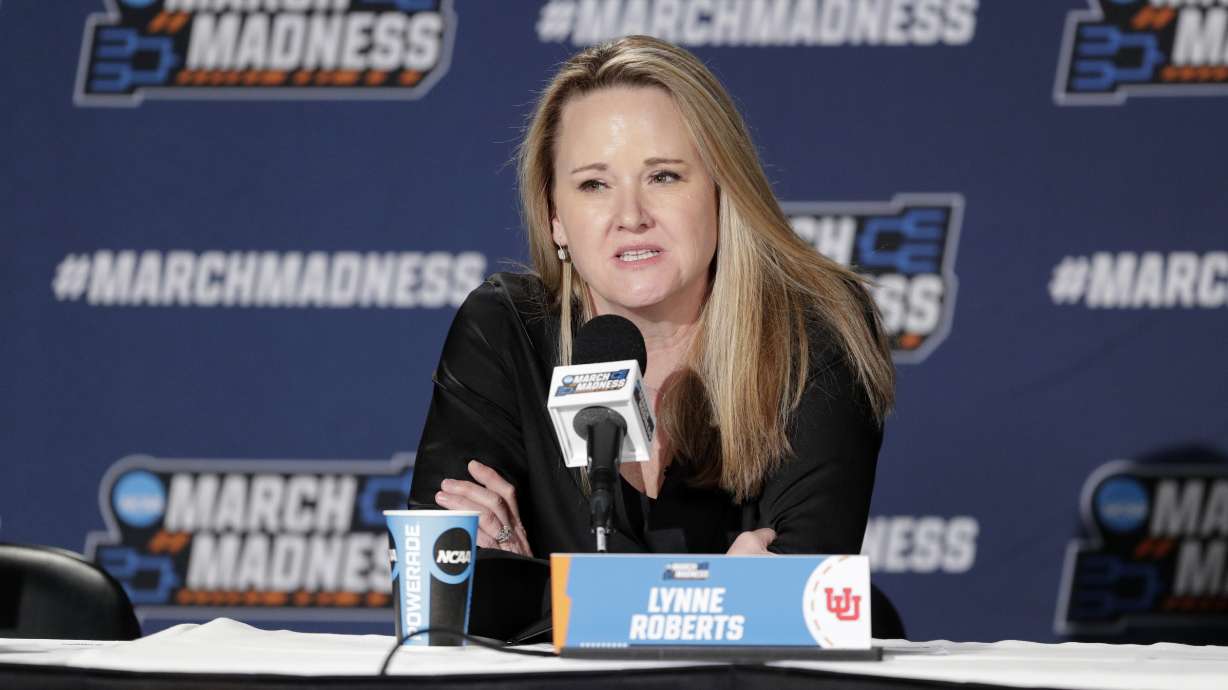The Iowa Senate passed a bill Tuesday to allow younger teens to drive themselves to work without an adult riding along.
Iowa law currently allows teens as young as 14-and-a-half years old — six months after earning their instruction permit that allows them to drive with adult supervision — to drive without an adult for farm work, and to travel to and from school.
Senate File 2109 would allow 14- and 15-year-olds to drive to any kind of job, not just farming, following a law passed last year that allows younger teens to work longer hours and later in the day.
The bill reduces the distance a teen can drive under the “special minor’s restricted license” from 50 to 25 miles to school or a job. Driving cannot be part of the work.
“You can drive to the pizza place to make the pizza; however, you cannot drive the pizza delivery truck to deliver the pizza,” said Sen. Adrian Dickey, the bill’s floor manager and a Republican from Packwood.
Senate Democrats voted against the bill, citing concerns about recent changes to child labor laws and the decision-making abilities of 14-year-olds, and the potential impact of the bill on car insurance rates. The crash fatality rate for teens in the United States is almost three times the rate for people in their twenties.
“This is too far too fast,” said Sen. Todd Taylor, a Democrat from Cedar Rapids. “Some (14-year-olds) are ready (to drive by themselves), sure. Some are not ready. And my money is no, let’s be safe for those 14-and-a-half year olds for driving.”
Dickey said the bill implements the unanimous recommendations made by an interim study committee created under last year’s youth employment law. The committee was made up of Republicans and Democrats and representatives from various state departments and the insurance industry.
Dickey said the bill provides uniformity between a variety of youth driving permits currently allowed, so the law enforcement can enforce them more effectively.
The bill also changes the hours when teens with the license are allowed to drive. Instead of allowing them to drive from 5 a.m. to 10 p.m., they would be limited to driving up to one hour before and after their shift or when school activities begin and end.
Dickey said the bill also establishes stronger penalties than in current law for violating the restrictions of the permit, causing a crash or breaking the rules of the road.
The bill passed 33-15 and now heads to the Iowa House for consideration.
Iowa lawmakers advance vape registry bill
House lawmakers advanced a proposal Tuesday backed by tobacco companies that would restrict vape sales in Iowa.
The House Ways and Means Committee unanimously recommended passage of
House Study Bill 682. The bill, which now is eligible for consideration by the full House, would create a registry of approved vaping products that have been vetted by the U.S. Food and Drug Administration to ensure vape shops are selling only approved products.
Retailers could sell only products listed on the state-approved registry — which would be limited to those the FDA has approved for sale, or those whose application is pending review by the FDA or whose denial is being appealed.
To register with the state, a manufacturer would have to provide proof of marketing authorization or a similar order from the FDA, a pending application that remains under FDA review or a court order that shows a final authorization has not yet taken effect.
To date, the FDA has authorized just 23 e-cigarette products and related devices, all of them tobacco-flavored, while rejecting more than a million applications.
“Although there are thousands of other products that are in the pipeline for approval,” and would be legal under the bill, said Rep. Brenk Siegrist, R-Council Bluffs. “ … the emphasis of the bill is that there are just tons of products that are unregulated from China and other countries which we're just not sure what's actually in them. This was really an attempt to try to get … something that has some semblance of regulation.”
Retailers, manufacturers and distributors say the bill would severely restrict vape sales in the state, to the benefit of Big Tobacco.
The bill was amended to remove a requirement for two unannounced regulatory visits per year to vape shops, and instead allows checks by Department of Revenue or law enforcement as needed.
Opponents, including Iowa’s vaping industry, say the bill imposes a confusing and complicated registration scheme that has been challenged in courts in other states. They note the FDA has not released a comprehensive list of products that have received denials or injunctions, making it difficult for retailers and officials to know what is legal.
“My concern is consumer safety issue — making sure these products that are in the marketplace have been vetted and tested to make sure that they're safe for consumers to use,” said Rep. John Forbes, D-Urbandale. “So I'm hopeful that this will work for the for the retailers in the state of Iowa.”
House greenlights sequel for Iowa film tax incentive
Iowa House lawmakers passed a bill Tuesday for a limited revival of state tax incentives for movies and television shows filmed in Iowa.
House File 2662 would establish a two-year, $10 million pilot program from 2025 to 2026 under which movie projects that film in Iowa would be eligible for tax rebates worth up to 30 percent of the project’s expenses on specified production costs.
Proponents say the new proposal will be an improvement upon the original, which was shut down in 2009 after an audit showed $26 million in improperly issued funds, resulting in at least seven criminal convictions.
The new bill was written by the Iowa Economic Development Authority, which would operate the program, and is designed to provide better oversight. The legislation, which is now headed to the Senate for consideration, would require an examination of qualified expenses submitted for reimbursement by a certified public accountant prior to disbursement of a rebate.
To be eligible, a film must have a production budget of at least $1 million and evidence that it is fully funded. Qualified productions include feature films, television series, documentary or unscripted series that is rated G, PG, PG-13, or R by the Motion Picture Association of America or the TV Parental Guidelines Monitoring Board.
Republicans voted down an amendment offered by Rep. Chuck Isenhart, D-Dubuque, that would have required the IEDA to request an audit of program expenses by the State Auditor’s Office after disbursing the first $5 million to identify any issues.
Both Isenhart and Rep. Jane Bloomingdale, R-Northwood, said they’re confident the program’s second run can be successful.
“I do personally feel like this is one of the best bills that we're going to pass this year,” Bloomingdale said.
She said Iowa is missing out on millions of dollars in tourism and economic investment, as well as jobs, as it has been passed over as a filming location because of tax incentives in other states. Bloomingdale pointed to the tourism that's been created by Iowa movies such as the “Field of Dreams” and “The Bridges of Madison County.”
“I'm excited for this to pass,” she said. “I'm excited to see what movie is the first movie in the state” under the revived film tax incentive program.
The bill would allow 14- and 15-year-olds to drive to any kind of job, not just farming, following a law passed last year that allows younger teens to work longer hours and later in the day. The bill reduces the distance a teen can drive under the “special minor’s restricted license” from 50 to...

www.thegazette.com
